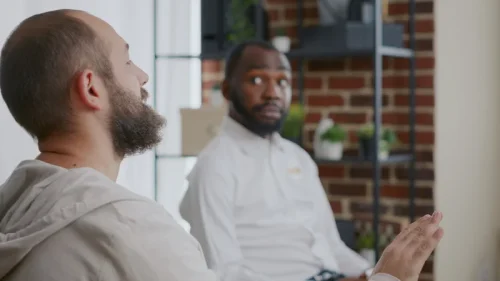
Many professionals can help you fear of being sober through the process of becoming sober. These professionals can help you understand your fears and provide the tools you need to overcome them. So understanding and addressing these fears is paramount.
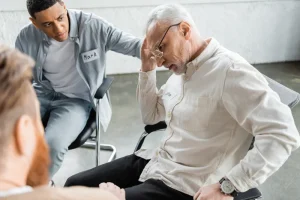
Sobriety Fear #۱: Never Drinking Again.
Many times, social events and outings center around drinking alcohol. The fog lifts, the poor behavior stops, and people generally become happier and easier to be around. The mind clears, there is more peace, more clarity and a better ability to function. All of which are just some of the many reasons why being sober far outweighs being addicted to drugs or alcohol. Nifaliophobia, or the fear of being sober, manifests as a significant and persistent fear related to the absence of alcohol or drugs from your life.
- Then you’re right back in the addiction cycle.” Ugh, she was right.
- I continue to suffer from anxiety and have to manage it, but it doesn’t ruin my life like before.
- To begin, it can take several hours to sober up from alcohol.
Fears About Sobriety That Will Sabotage Your Recovery
Acknowledging and celebrating the hard work of recovery is helpful for keeping you motivated and reminding you why you took this brave step toward sobriety in the first place. Just be sure that your rewards don’t involve drugs or alcohol. Instead, focus on things, experiences, and activities that will support your new, healthy lifestyle. It is common for people to have a fear of sobriety, especially if they have been struggling with addiction for a long time.
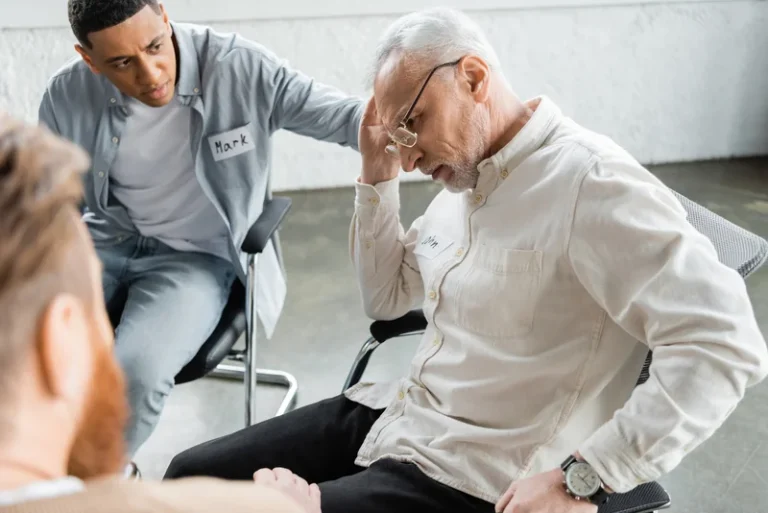
FEAR OF BEING SOBER
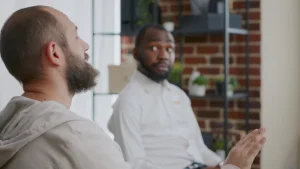
You have to make a decision to move forward by overcoming fear of those losses. You may be able to fix some of what’s lost and damaged. It’s a disease that needs ongoing treatment to keep it at bay. At the same time, come to grips with the fact that this is the reality you are living with and there’s no way to turn back the clock.
You’re Going To Get There… Eventually
Depending on how deeply ingrained alcohol is in your life, you may be staring down an entire life makeover. Every day, week, and month that you let slip by without tackling your drinking problem is time you can’t get back and more damage you must undo. Realizing that sobriety means you’ll have to find new ways to handle your “stuff” is frightening. The idea that you don’t get to chemically check out of reality now and then is horrifying, especially when you think that reality is pretty terrible.
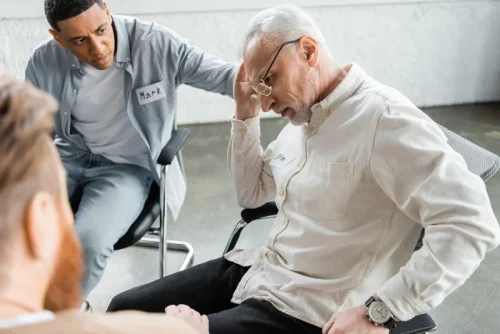
John C. Umhau, MD, MPH, CPE is board-certified in addiction medicine and preventative medicine. He is the medical director at Alcohol Recovery Medicine. For over ۲۰ years Dr. Umhau was a senior clinical investigator at the National Institute on Alcohol Abuse and Alcoholism of the National Institutes of Health (NIH). ? Awaken your potential by exploring the world around you and developing interests outside of substances by Saying Yes to Life. Whether it’s taking up a sport, diving into arts and crafts, or learning to play a musical instrument, new hobbies can provide a sense of achievement and distraction from cravings.
Being at a party or trying to find the perfect romantic partner without alcohol is the stuff of nightmares for many people. Even people for whom alcohol is not a problem experience this. If you’ve typically required a little social lubricant to lighten up at parties (as many of us have), navigating social scenes without liquid courage can be scary. This is particularly true for the introverted among us.

“I really don’t think I can do this,” I told her. She was quiet for a bit and then she said, “I know you want a Xanax. But if you take one now, then tomorrow when you feel anxious you’ll take another one because you’ll think you can’t feel better without it.
- Because I was a mental and emotional wreck with no sense of self-worth, it was easy to take advantage of me.
- Start writing down ideas of what you can do instead, broaden your horizons and think about what you want to do instead of drinking.
- The thought of pulling your life back together or improving it can seem impossible.
- I told her how awful I felt and all about how I had been “diagnosed” with anxiety, so I really, truly needed a prescription for something to feel better.
- A person who is getting sober may be getting sober from one substance or all substances.
Bonus tips for dealing with anxiety in recovery
You always rush to get that next drink or hit before withdrawal really sets in. When you stop using drugs or alcohol, you will experience a range of withdrawal symptoms. This can include physical withdrawal symptoms (e.g. aches and pains) and psychological withdrawals (e.g. strong cravings). Many addicts worry that withdrawals will be too painful to cope with.
Add a Comment